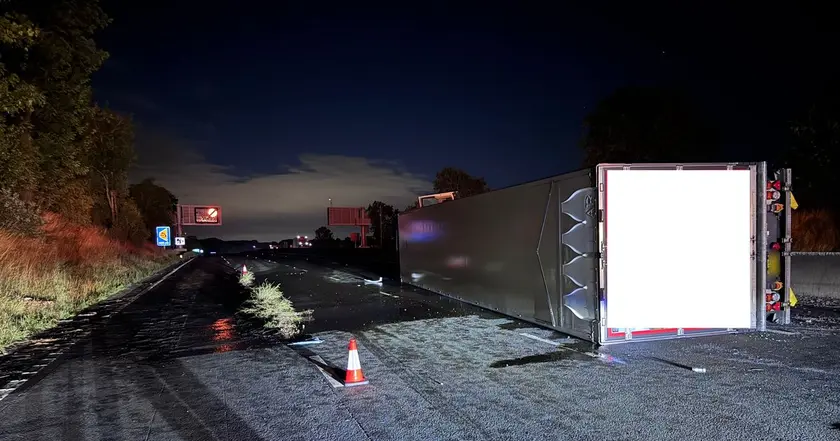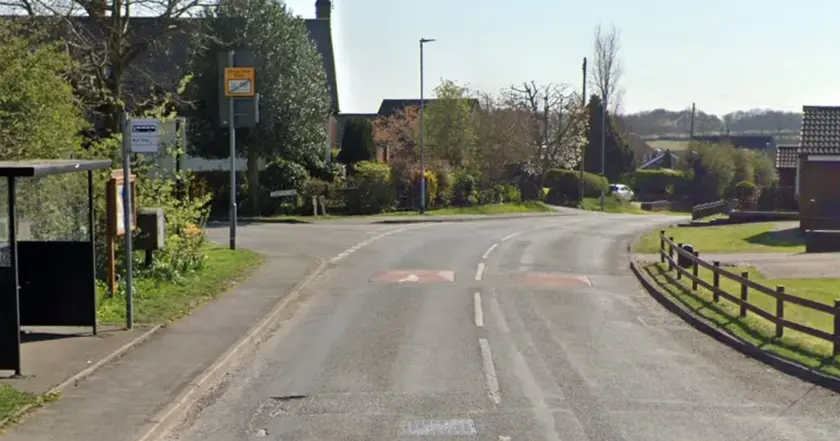T4K3.news
Road safety plan update
New eye tests for over 70s, lower drink-drive limit, and stricter penalties under review in autumn.

Ministers weigh compulsory eye tests for drivers over 70, a lower drink-drive limit, and tougher penalties as part of a broad road safety strategy.
UK targets elderly drivers and lower drink-drive limit in new road safety plan
Britain is weighing tougher road safety rules. Ministers are considering compulsory eye tests for drivers aged 70 and over every three years at renewal. If tests fail, drivers could lose their licence. The package also lowers the drink-drive limit in England and Wales to match Scotland’s 22 micrograms per 100 millilitres of breath and 50 milligrams per 100 millilitres of blood. Penalties for not wearing a seatbelt could be introduced and enforcement on uninsured drivers tightened.
The measures are part of a broader road safety strategy that ministers say will be unveiled in the autumn by Transport Secretary Heidi Alexander. Health Secretary highlights the NHS cost of road crashes as a key motivation for tougher rules. A Labour source argues the plan seeks to restore order on the roads and signals a more assertive safety agenda after years of stagnation.
Key Takeaways
"It cannot be right that we've ended up in a situation where the NHS is hit with a £2 billion a year bill because we are not taking road safety seriously enough"
Health secretary on NHS costs and road safety
"This Labour government will deliver the first Road Safety Strategy in a decade, imposing tougher penalties on those breaking the law, protecting road users and restoring order to our roads"
Labour source on policy objective
"We are considering a whole range of proposals"
Wes Streeting on consultation process
"Road safety is a shared responsibility on every mile"
Editorial highlight
The plan places safety duties squarely on drivers, which can be effective but may restrict independence for older people. Eye tests and potential dementia screenings raise questions about privacy, access, and how tests are administered fairly. Implementation would require funding and clear safeguards to prevent errors or delays.
Politically, the move sharpens Labour’s critique of Conservative road policy and sets the autumn rollout as a test of cross-party cooperation. The policy will depend on budget approvals, enforcement capacity, and public reception, all of which could determine whether the strategy survives the winter.
Highlights
- Road safety must protect lives at every age
- Policy changes need money and patience to work
- Testing sight should save lives while preserving independence
- Safety gains thrive on trust between public and government
Road safety policy risks
The plan crosses political lines and could test public acceptance, with questions about costs and privacy. The eye tests and dementia screening proposals require funding, administrative capacity, and safeguards to protect civil liberties. Public reaction could shape the plan's fate as budget constraints loom.
The road ahead will test how safety and freedom share the lane.
Enjoyed this? Let your friends know!
Related News

A63 Castle Street project reaches key construction milestone

Nottingham railway footbridge access changes confirmed

M6 Lorry Crash Closes North Staffordshire Road

UK ministers push ahead on road safety overhaul

Active shooter incident contained near Emory University

Officer killed on Emory campus

Elon Musk announces aggressive robotaxi plans for 2023

Fifteen injured in Eccles bus crash
